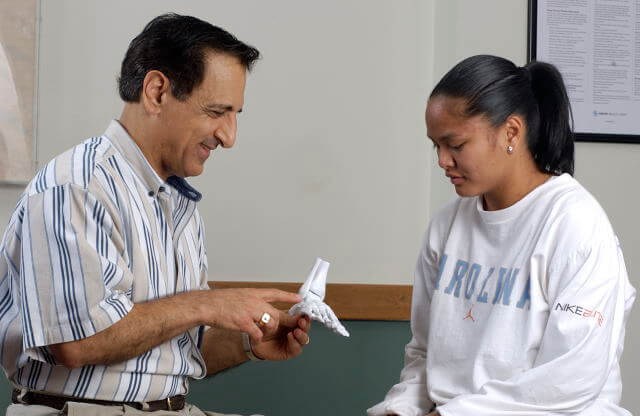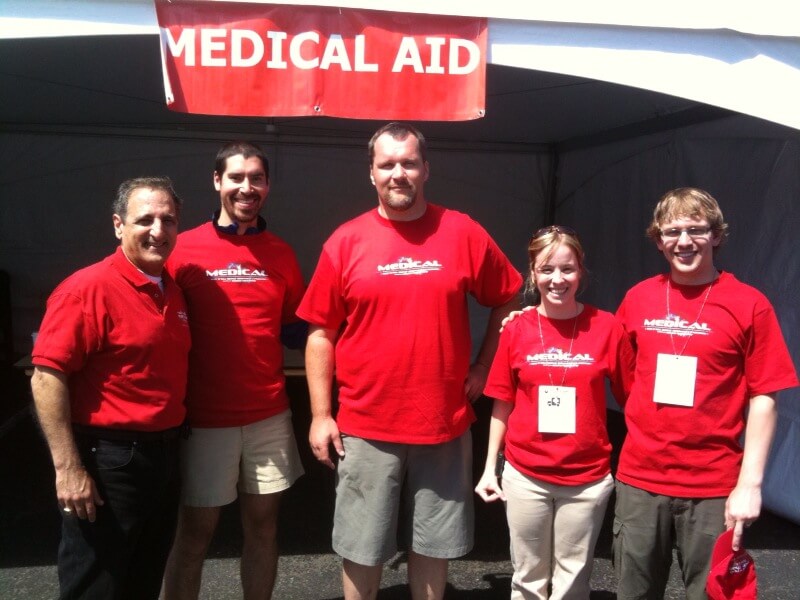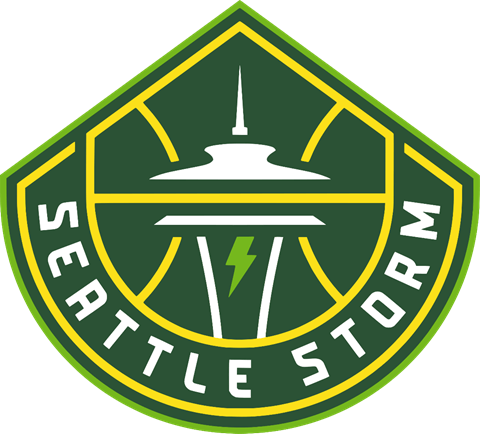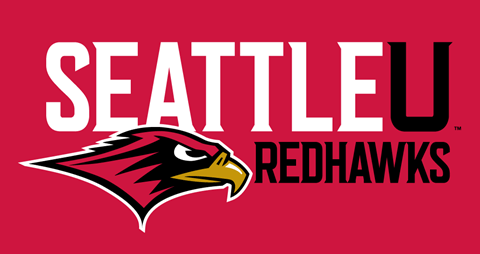The curriculum is divided into 12 one-month blocks, with two rotations completed concurrently each month (see weekly table for an overview of rotations).
Fellows spend two afternoons per week in the Seattle University training room working directly and independently with Division I student athletes and athletic training staff. They are expected to see a large number of athletes at various stages of rehabilitation and learn firsthand all modalities used to help athletes through the rehabilitation process. Afternoons during the fall and winter months are the busiest times of the year and serve as a valuable experience not commonly offered in other sports medicine fellowships.
Academic research is encouraged. Educational experiences are supported with a strong didactic series and journal club. Fellows are required to lecture or present a case or poster at one of the annual national sports medicine meetings (AMSSM or ACSM).
 As is required of all accredited sports medicine programs, clinical experiences
are designed for fellows to develop expertise in a wide range of medical
and musculoskeletal problems in patients of all ages. The program includes
longitudinal clinical experiences as well as specialty rotations.
As is required of all accredited sports medicine programs, clinical experiences
are designed for fellows to develop expertise in a wide range of medical
and musculoskeletal problems in patients of all ages. The program includes
longitudinal clinical experiences as well as specialty rotations.
The fellow will gain team physician experience with Seattle University and a local high school football team. They may cover other sports as desired and additional opportunities are frequently available. In addition to game coverage, the fellow will be available for phone calls and player evaluations during the football season as needed by the trainer.
At Seattle University, an NCAA Division I school, each fellow will be assigned one fall and one winter sport as their primary coverage responsibility. Both fellows will make twice weekly training room rounds to evaluate athletes from all sports. In addition, fellows will help provide medical coverage for the state high school wrestling tournament. They will also assist in organizing and providing coverage for the Ballard Criterium and one Seattle marathon. In the winter, fellows rotate at the Mt. Hood on-mountain ski clinic. This is a fully functioning urgent care with imaging and opportunities for fracture and dislocation management. Other teams our fellows help cover include: Seattle Storm WNBA, Seattle Sounders MLS, Garfield High Scholl Football, Summit at Snoqualmie Ski Patrol, and Seattle Tempest and Cascades (AUDL Professional Ultimate Frisbee).



During their fellowship, fellows will:
Fellowship will include the following rotations and activities:
This is longitudinal and happens concurrently with other rotations. It includes three clinic sessions per week at the Swedish Musculoskeletal Center – three sessions of sports medicine continuity clinic and one session of procedure clinic – and one session of primary-care continuity clinic. For continuity clinics, the family medicine fellow works with the Swedish Cherry Hill Family Medicine Clinic and the PMR fellow works with an EMG provider doing electrodiagnostics.
Fellows are expected to work extensively with the Seattle University team physician and training staff to provide game coverage for soccer and basketball teams, provide coverage for one high school football team, and plan and execute medical coverage for one mass event. They will also provide coverage for any Division I conferences hosted by Seattle University over the course of the year.
This is a continuity curriculum in MSK ultrasound and reading plain-film radiographs with the sports-medicine preceptor. Two one-month blocks are also spent in medical imaging reading advanced imaging with a musculoskeletal radiologist. Monthly radiology rounds supplement this teaching and address interesting or complicated cases encountered in continuity clinic.
Two one-month blocks cover the diagnosis and management of shoulder injuries with an orthopedic shoulder specialist.
Two one-month blocks cover the diagnosis and management of knee injuries with an orthopedic knee specialist.
A one-month block cover the diagnosis and management of foot and ankle injuries with an orthopedic foot and ankle specialist.
Two one-month blocks cover the diagnosis and management of foot and ankle injuries with a podiatrist.
Two one-month blocks cover the diagnosis and management of back and spine injuries with a PMR spine specialist.
Two one-month blocks coverthe diagnosis and management of hip and pelvis injuries with an orthopedic hip specialist.
Two one-month blocks cover the diagnosis and management of hand, wrist and elbow injuries with an orthopedic hand specialist.
A one-month block in the diagnosis and management of sports injuries in a pediatric population with a pediatric sports medicine physician.
A one-month block in the diagnosis and management of sports injuries in a pediatric population with a pediatric orthopedic specialist.
A one-month block in exercise testing and its use in competitive athletes with an exercise physiologist.
A one-month block in cardiac and pulmonary issues in athletes with a cardiologist and a pulmonologist with extensive experience working with elite athletes.
A one-month block in psychology and nutrition issues in athletes with a psychologist and a nutritionist with extensive experience working with elite athletes
One half day per week during a one-month block with a physical therapist trained in treating athletes followed by time in the training room seeing athletes with various injuries throughout the recovery process.
Two one-month blocks to use, with the approval of the fellowship director, for additional experience in sports medicine.